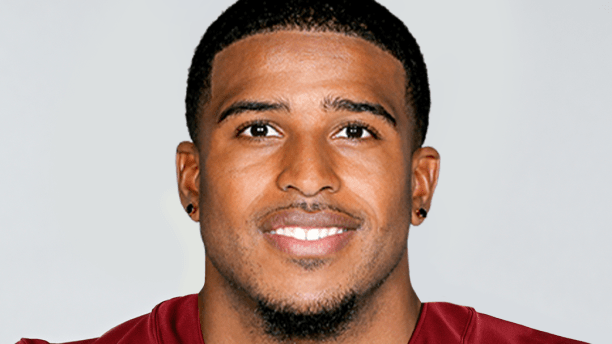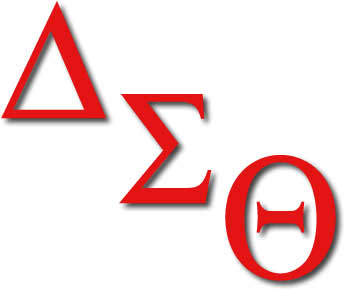The introduction of sports gambling in North Carolina has led to significant financial losses, but it is proving to be a lucrative opportunity for HBCUs and other universities in the state.
According to reports from the state lottery commission, over $105 million was lost in the state on sports betting within the first month of legalization, with $66 million recorded in March alone. A portion of these proceeds, approximately $30 million, has already been allocated as tax revenue for the state.
North Carolina HBCUs Will Benefit From $100 Million Gambling Losses #HBCUBUZZ #NorthCarolina #SportsBettinghttps://t.co/1mgyKcYanm
— Willi Quinn (@willi_quinn) May 21, 2024
Among the educational institutions expected to experience a financial boost from sports betting, five public HBCUs, including Elizabeth City State University, Fayetteville State University, North Carolina A&T State University, North Carolina Central University, and Winston-Salem State University are set to benefit from this revenue stream.

North Carolina officially launched online sports betting on Monday, March 11, 2024, nine months after North Carolina Governor Roy Cooper (D) signed the state’s sports betting bill (HB 347) into law on June 14, 2023.
This was done alongside leading legislators who pushed the bill through the state general assembly. The North Carolina Lottery Commission promulgated rules, regulations, and awarded licenses in just five months to put the state in a position to launch sports betting next week, three months before its statutory deadline of June 2024.
These universities, alongside other state institutions such as Appalachian State University, East Carolina University, and various University of North Carolina campuses, will receive up to $300,000 annually.
Furthermore, substantial funds will be allocated to the Department of Health and Human Services for gambling addiction education and treatment programs, as well as youth sports initiatives. Following the distribution of primary funds, twenty percent of the remaining revenue will be evenly divided among the 13 state universities to bolster their collegiate athletic departments.
This strategic allocation of resources aims to enhance academic programs and support student-athletes across North Carolina’s higher education landscape.



